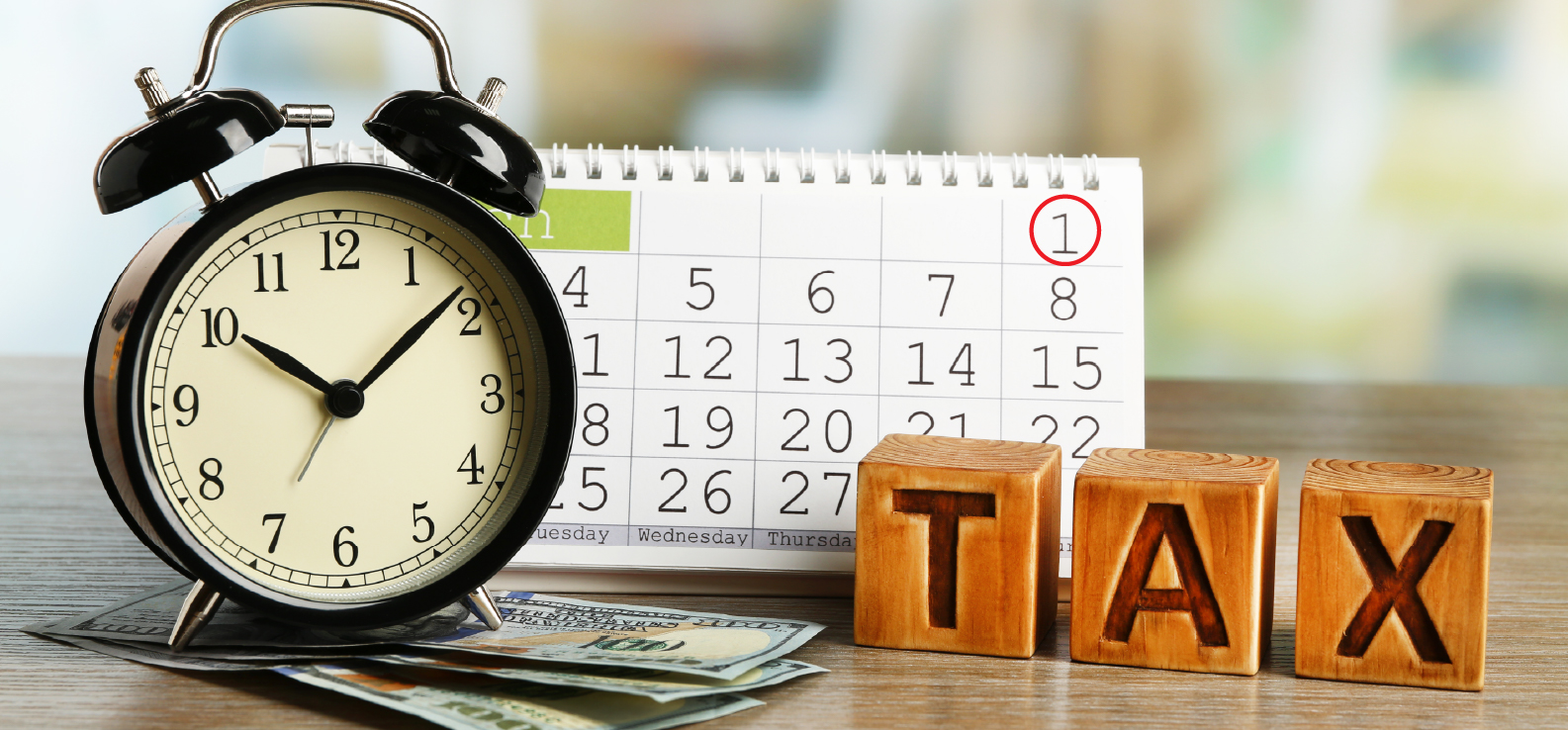Federal Tax Day may have just been a week ago, but the people of Illinois living outside of Cook County, are about to get a fresh batch of taxes delivered to their door. It is about to be property tax season again, and taxpayers do not want to be caught unawares when deadlines hit. You are already paying taxes; the last thing you want to do is add a bunch of fees on top of it.

Let’s do a quick overview of what to expect and when you need to get all your ducks in a row. Also, we will go over what can be done in the future to lower your taxes.
Illinois Deadlines
While Cook County makes its own rules, the rest of Illinois has a strict timetable that must be followed in order to property. Property tax bill will be mailed out twice this year, with each installment due roughly a month later. The day after the due date, fees and interest will begin to be piled up on. It is imperative that you make your installment payments ahead of time.
- May 1st: Tax bills are mailed out
- June 4th: First installment is due
- Three-year delay between assessments that do not show present day value
- June 5th: A penalty of 1.5% is added to bills for unpaid installments
- July 5th: Penalty raised to 3.0%
- September 4th: Second installment is due
- September 5th: 1.5% penalty on the second installment, 6% on the first installment
As you can see, late property taxes can be expensive and will quickly accumulate more interest and penalties if they are ignored. You could even face liens and eventual foreclosure if you go long enough without paying. This is something that requires your upmost attention.
In addition, if you have not received a tax bill between May 5th and May 30th, you should check your local appraisal district online and confirm the due amount. You do not want to miss your deadline because something got crossed in the mail. You will also want to check to make sure what your exact due dates are. They are typically done as I have listed here, but some counties may have things set a little later. A good rule of thumb is to consider your window to be May 1st-June 1st.
How Can I Lower my Taxes?
Sadly, once bills are sent out, there is very little that you can do to lower your property taxes. While that is certainly frustrating, there is certainly a silver lining to that cloud. It may be too late to change things for this year, but you can launch a property tax protest to get you lower taxes on next year’s bill.

Property Tax Appeals
Property tax appeals in Illinois do not actually dispute your tax bill, but rather the assessment made by your local appraisal district. By presenting evidence, you are able to lower the assessed value of your property, thus triggering a lower tax number. This is why you cannot appeal a bill that has already been sent. After your local appraiser gives notice of assessment values for a year, you have 30 days to file your appeal. Assessments are typically posted in August or September. This can change by county and township, so be sure to check online in your area.
Appeal Types
Illinois has a few appeal types that can be utilized by a taxpayer to lower their assessed value. These act sequentially, meaning one leads to the other. This chain can be run to the end or stopped at any link that provides adequate relief.
Informal Appeal
These appeals are very basic and are made to your local assessor. These are often made online. The purpose of informal appeals is to bring the matter of an inaccurate valuation to your local or county assessor. If they agree and still possess the assessment books, then you can get a rather swift assessment reduction added to your record. These appeals are typically made with a local township assessor or other local official with similar duties.
Board of Review (BOR)
Also known as formal appeals, taxpayers can make written appeals to their local board of review (BOR). This step will usually be at the county level. While informal appeals cover the very basics, such as incorrect size or vacancy, formal appeals deal with issues like overvaluing of property, incorrect assessment when compared to neighbors or previous sales, and other issues that need to be drilled down into. These hearings can be done over the phone, through correspondence, or in-person.
Property Tax Appeal Board (PTAB)
If informal appeals or those taken to BOR are not effective or produce insufficient results, then the final step is to take your case before the Property Tax Appeal Board. This appeal sees the taxpayer and a taxing entity take their arguments before an impartial governing body. All evidence is weighed together, with a final verdict reached for either side. Of all the steps in the appeal chain, this requires the most evidence to be successful.
Judicial Appeal
Outside of the traditional tax protest options lies the judicial appeal. These are lawsuits targeted at taxing entities with the purpose of achieving a reduction in taxable value for a given property. Due to the cost and time that it takes to pull off, these are usually reserved for the biggest and most valuable properties across Illinois. This stage is only reached when BOR and PTAB results are not what the taxpayer desired.
How can O’Connor Help?
Property taxes in Illinois are a complex web of deadlines and rules, with tax valuations being made years before a tax bill is even sent out. The property tax appeal system is likewise quite confusing due to several avenues and governing bodies that must be dealt with. Remembering all of these dates and preparing your case can be a full-time job in itself. So why not have dedicated professionals do it for you?
O’Connor has been spearheading property tax protests in Illinois for 20 years. One of the largest and most aggressive firms in America dedicated exclusively to property tax protests, O’Connor has the edge in experience and the wealth of resources needed to make a successful property tax protest campaign successful. Best of all, there is no risk to you, the taxpayer, as you will never be billed or charged unless you achieve a reduction on your taxes.
O’Connor will protest your property valuation every year as soon as the deadline opens. This starts at the local level but can quickly be pushed to the BOR and PTAB. You will receive expert representation at all of these levels, until you earn the maximum reduction possible. Even if you need to go all the way to the top with a judicial appeal, O’Connor will assemble a legal team and a solid crew of expert witnesses, all while you do not pay a dime in legal fees. Local and experienced, O’Connor has connections and rapport with many county and state boards and knows the best time to strike to get you what you deserve.
Enroll Early
While the window to get reduced valuations and taxes may have closed for the current tax bills, it is the perfect time to get a head start on next year. As soon as a new set of deadlines hits, O’Connor will be ready to start the ball rolling on your property tax appeal journey. O’Connor’s Property Tax Protection Program ™ only takes a few minutes to enroll in and will keep your precious property protected for years to come.
About O’Connor:
O’Connor is among the largest property tax consulting firms in the United States, providing residential property tax reduction services in Illinois, Texas, and Georgia, as well as commercial property tax reduction services across the United States. O’Connor’s team of professionals possess the resources and market expertise in the areas of property tax, cost segregation, commercial and residential real estate appraisals. The firm was founded in 1974 and employs a team of more than 1,000 worldwide. O’Connor’s core focus is enriching the lives of property owners through cost effective tax reduction.
Property owners interested in assistance appealing their assessment can enroll in O’Connor’s Property Tax Protection Program ™. There is no upfront fee, or any fee unless we reduce your property taxes, and easy online enrollment only takes 2 to 3 minutes.

